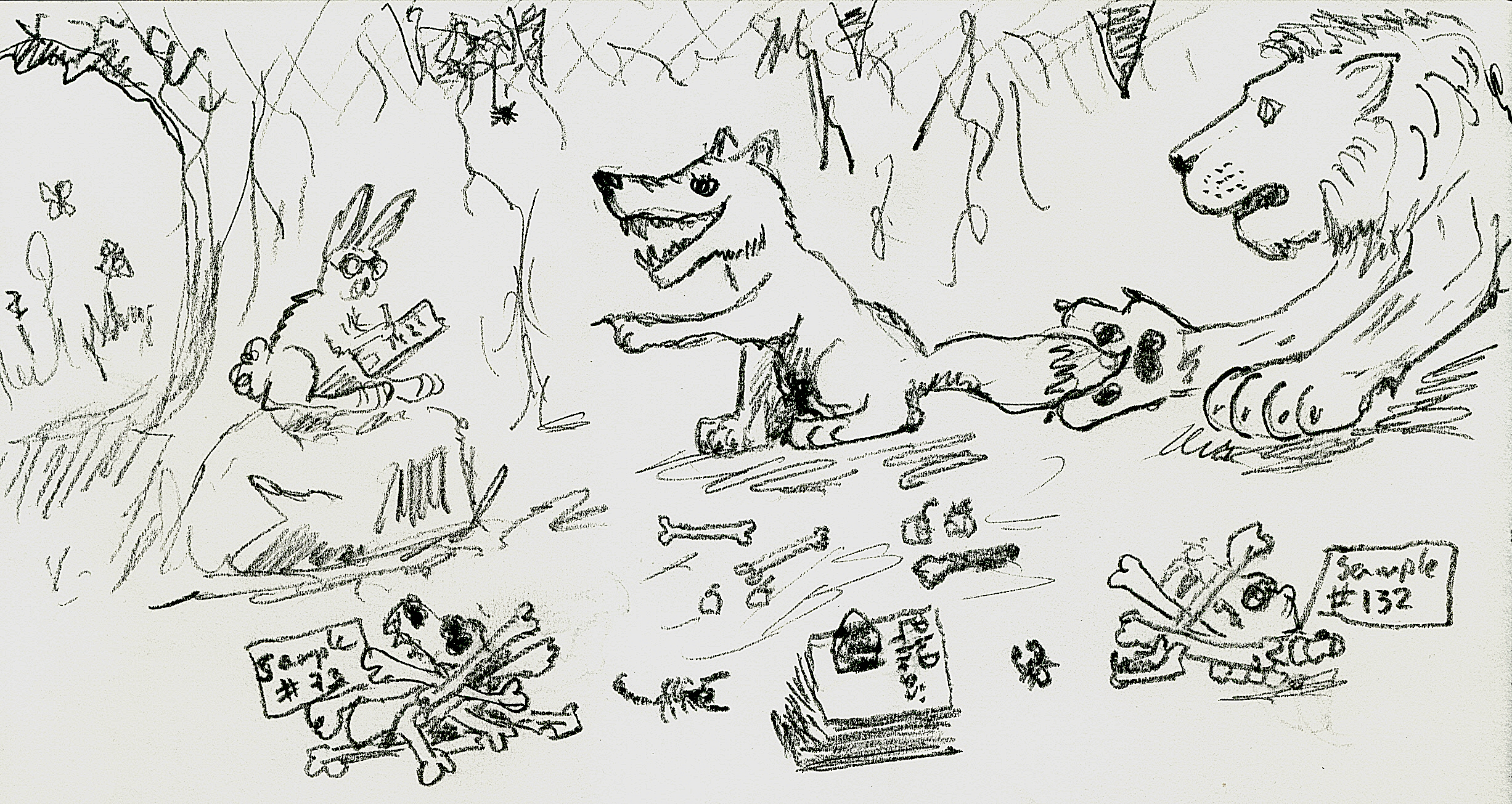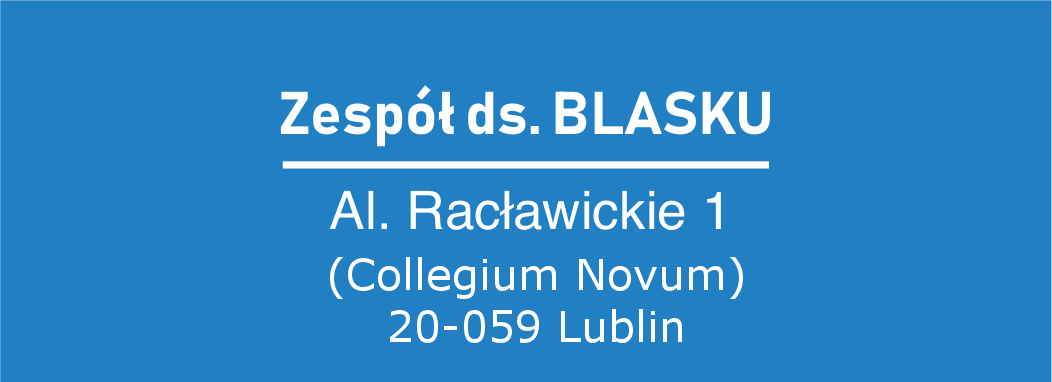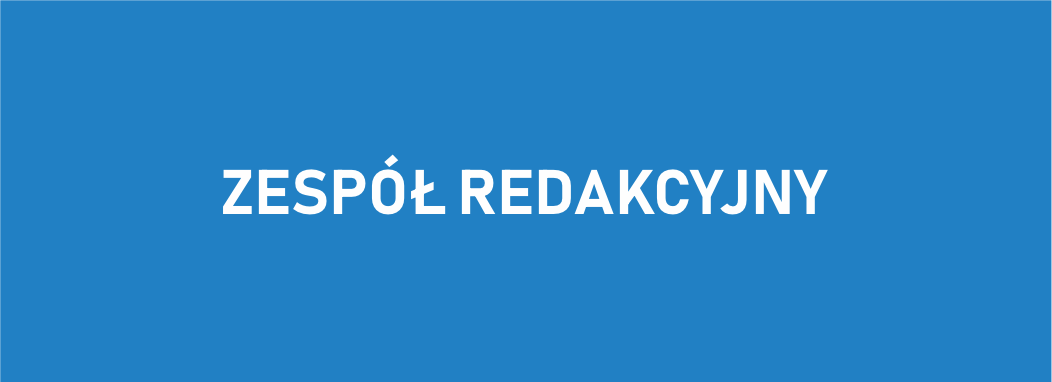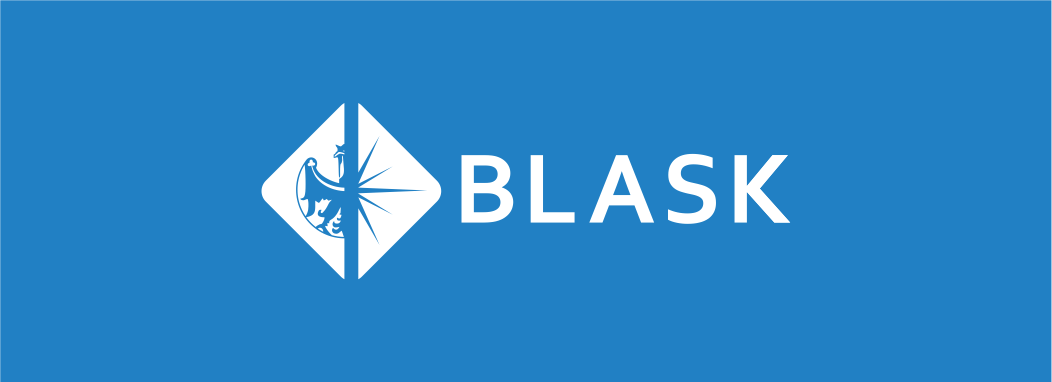Informator uniwersytecki
numer 014
maj 2022
★
2
Ready for a PhD? Part II
Now that the PhD process has been defined and explained (part I), besides the administrative part, how do you get a PhD?
First, you need to get a project and a supervisor. Usually, they come somehow together. It is rather critical you choose well.
First, the supervisor: this is kind of important as you will be working with her/him for the next few years. I underline "with" because, while many supervisors/bosses, believe you work for them, you should consider that you are working for yourself (see "Do not let anybody shatter your dreams").
So, how do you choose a supervisor? Well start by looking and what you would like to do and which lectures/researches you think do interesting research. Go to open seminars (e.g. Forum Akademickie) and visit labs, their websites and check their publications. Visit the PI (Principal Investigator) and have a discussion with. Usually, PIs are happy to tell you what they do. If (s)he is not happy to do so, walk away and never look back. Ask if you could have an internship for a few months. It is best not to engage yet, first check how that lab runs. More importantly, look for "signs"; chat with the group members (other students/postdocs) about the group and the supervisor. What you are looking here for, is the small words. For example, if you go to the website of a group and it has only images of people at work, and it is all very dry and serious, it lists the students/postdocs as "workers", and has a minimalistic info, then expect just that from that group and the PI. Once again, your choice in working with or for.
When you go a pay a visit to the PI, do you need to go through a secretary and a strict time schedule? Then expect the very same for the rest of your PhD time when you will need immediate help!
The track record of the PI is very important but note that eminent PIs might have very little time for you. A young and ambitious PI is a great choice, as you can start together, but expect a roller-coaster ride as starting a lab takes much longer than jumping into one already up and running.
Check the postdocs, they will be the ones giving you a day-to-day hand. Make sure they are helpful and do not pretend to be your boss - if they do, they will push their work onto you. Always ask what is expected from you.
First, the supervisor: this is kind of important as you will be working with her/him for the next few years. I underline "with" because, while many supervisors/bosses, believe you work for them, you should consider that you are working for yourself (see "Do not let anybody shatter your dreams").
So, how do you choose a supervisor? Well start by looking and what you would like to do and which lectures/researches you think do interesting research. Go to open seminars (e.g. Forum Akademickie) and visit labs, their websites and check their publications. Visit the PI (Principal Investigator) and have a discussion with. Usually, PIs are happy to tell you what they do. If (s)he is not happy to do so, walk away and never look back. Ask if you could have an internship for a few months. It is best not to engage yet, first check how that lab runs. More importantly, look for "signs"; chat with the group members (other students/postdocs) about the group and the supervisor. What you are looking here for, is the small words. For example, if you go to the website of a group and it has only images of people at work, and it is all very dry and serious, it lists the students/postdocs as "workers", and has a minimalistic info, then expect just that from that group and the PI. Once again, your choice in working with or for.
When you go a pay a visit to the PI, do you need to go through a secretary and a strict time schedule? Then expect the very same for the rest of your PhD time when you will need immediate help!
The track record of the PI is very important but note that eminent PIs might have very little time for you. A young and ambitious PI is a great choice, as you can start together, but expect a roller-coaster ride as starting a lab takes much longer than jumping into one already up and running.
Check the postdocs, they will be the ones giving you a day-to-day hand. Make sure they are helpful and do not pretend to be your boss - if they do, they will push their work onto you. Always ask what is expected from you.

A rabbit hopping in the forest is ambushed by a wolf. The rabbit quickly says "please do not eat me, I still have to finish my PhD!".
The wolf laughs. What? You little creature getting a PhD? What is it about? - wolf asks.
Well, it is to prove that rabbits are predators of wolves - rabbit says.
The wolf rolls on the floor laughing... What is your evidence for that long-ears?
The rabbit then offers to the wolf to come into his burrow to prove its point. If afterwards you are not convinced, then you can eat me - rabbit confidently states.
Sure! - says the wolf.
Both enter the burrow, soon after screaming and loud noises follow by fur and dust coming out of the burrow's entry. A gruesome thing just happened inside.
After a few minutes, only the rabbit comes out of the burrow dusting off itself with its PhD thesis under its arm.
Inside the burrow, there was the rabbit's supervisor - a lion.
The moral of the story: it does not matter how crap your hypothesis is, if your boss is a lion, you will be ok.
Then, there is the project. It should be something that excites you, and it should have clear and interesting goals in the short and long term. Most importantly, you should be able to understand it, the big picture as well as the details. Analyse how ambitious and risky the project is, the more they are the more work you have to put on them. Yet, the reward are also better. Whatever it is, be aware that there is no such thing as foolproof plans and whatever can go wrong will. Be ready to fail and go back to the drawing board. Nothing is wrong with that, we learn by doing and failing, and doing it again (see "A life in science").
How can you be sure that the project is great?
This one is easier than you think. Go a visit your grandma, when she asks "what do you do?", then explain your PhD project. You have about 5 minutes before she falls asleep so be quick and clear. If by the time you finish she asks: and so what?
Then, it is not a good project! And you better quit now, maybe quit science altogether!!!
If your project is good, she should be back on her feet dancing, despite her osteoporosis, believing you will save humanity, land on Mars and get a Nobel prize.
Now, remember that making a PhD is a learning process. You are there to learn so try to learn as many techniques and methods, use of equipment and models as you can. Also, try to master them! I can tell you that it is easiest to stick to one method and what you know, but in the long run it is essential to be able to adapt to new situations, as you will not be (or should not stay) in the same lab forever. Use part of your time to discuss with others and philosophise a bit (see "Mental Stimulations"). Importantly, try to expand the original project by applying new(er) techniques or angles into it. Be curious. Learn, learn, learn.
While doing a PhD might be stressful and, at times, frustrating, it is best to spend it doing something you enjoy, with people like you. My time as a PhD student was absolutely great, and I would do it again any day if I would have the chance!
BTW, if you think that life after PhD, or after "habilitation" or some other silly title, is less demanding you are totally wrong, it gets actually worse after every step. So enjoy it while it lasts!
How can you be sure that the project is great?
This one is easier than you think. Go a visit your grandma, when she asks "what do you do?", then explain your PhD project. You have about 5 minutes before she falls asleep so be quick and clear. If by the time you finish she asks: and so what?
Then, it is not a good project! And you better quit now, maybe quit science altogether!!!
If your project is good, she should be back on her feet dancing, despite her osteoporosis, believing you will save humanity, land on Mars and get a Nobel prize.
Now, remember that making a PhD is a learning process. You are there to learn so try to learn as many techniques and methods, use of equipment and models as you can. Also, try to master them! I can tell you that it is easiest to stick to one method and what you know, but in the long run it is essential to be able to adapt to new situations, as you will not be (or should not stay) in the same lab forever. Use part of your time to discuss with others and philosophise a bit (see "Mental Stimulations"). Importantly, try to expand the original project by applying new(er) techniques or angles into it. Be curious. Learn, learn, learn.
While doing a PhD might be stressful and, at times, frustrating, it is best to spend it doing something you enjoy, with people like you. My time as a PhD student was absolutely great, and I would do it again any day if I would have the chance!
BTW, if you think that life after PhD, or after "habilitation" or some other silly title, is less demanding you are totally wrong, it gets actually worse after every step. So enjoy it while it lasts!
Adolek
Adolek is a PI (Partially Intelligent) but handsome fella, who has made more than one grandma dance.
Check the previous articles:
© 2022 Centrum Symulacji Medycznej UM w Lublinie






